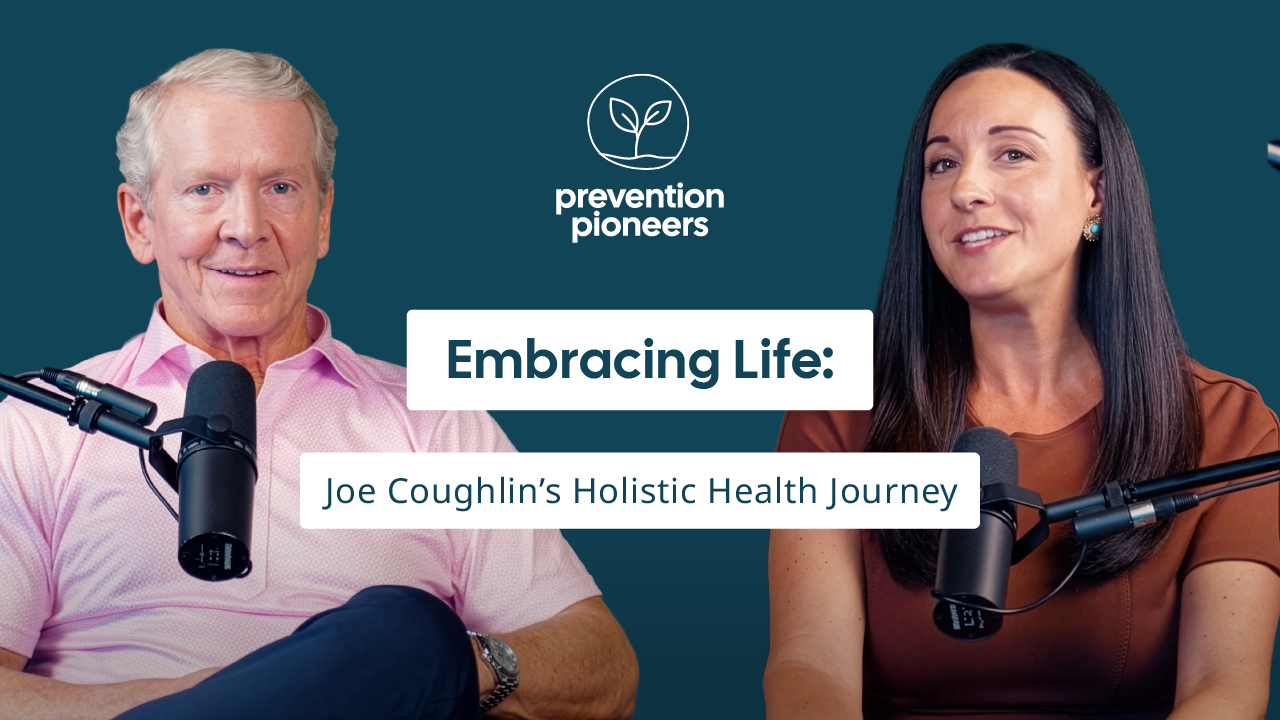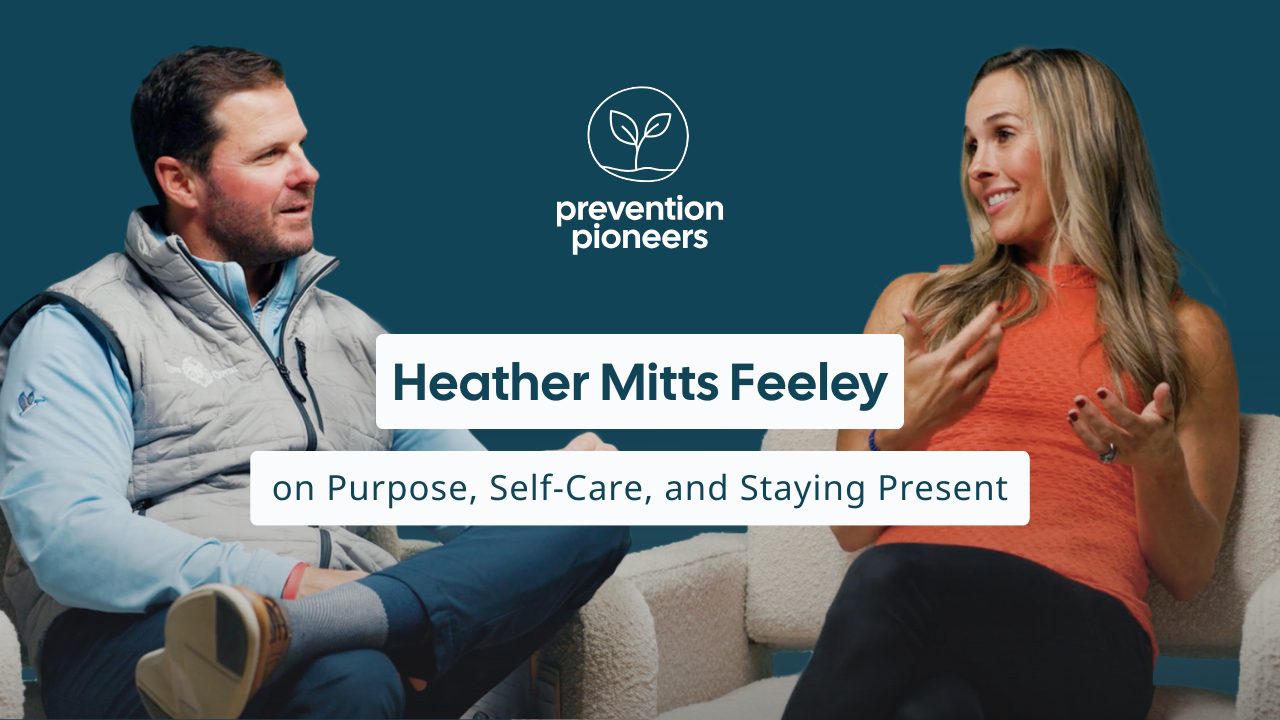You Need to Separate Who You Are From What You Do, Here’s Why

Are you confusing what you do with who you are?
It’s one of the biggest traps high performers fall into, especially in leadership and sales. They chase success, hit goals, and take pride in results, but when things go wrong, they don’t just feel like they failed at a task, they feel like THEY are the failure.
In this episode, special host Mike Holloways sits down with David Mattson, Executive Chairman of Sandler, to discuss just that.
David has spent nearly four decades coaching leaders and sales professionals on how to stay resilient in high-pressure roles. And his message is one we all need to hear: Your identity is not your job.
Together, Mike and David unpack the powerful idea that who you are and what you do are two very different things, and how separating the two can help you avoid burnout, rebound from failure faster, and become an overall better leader.
Listen now and learn:
- Why “grit” isn’t enough to build real resilience
- The IR Theory and why it’s a game-changer for mental health
- How your attitude can make OR break your success long term
- How leaders can give tough feedback without damaging someone’s self-worth
- What to do when you’re stuck in a funk and can’t shake it
If you’re tired of letting your job define your value and are ready to be so much more than that, then this is the episode for you!
What You Do Is NOT Who You Are
David’s perspective on resilience challenges one of the most damaging habits we all fall into: equating our worth with our work.
In the episode, he breaks down what he calls the “IR Theory,” the idea that your “Identity (I)” is separate from your “Role (R).” It’s simple, but transformative.
When you start tying your self-worth to your job performance, every mistake becomes personal, and every failure chips away at who you think you are.
This is why you need to draw that line clearly—you may be a CEO, a parent, or a salesperson, but none of those roles fully define you. And until you start seeing the difference, burnout is almost inevitable.
The Success Triangle: Technique, Attitude, and Behavior
Too many people think burnout is caused by doing too much. But here’s a different take: it’s often caused by doing too much of the wrong thing or chasing results without the right foundation.
That’s where Sandler’s Success Triangle comes in. According to David, real, sustainable success requires three things:
- Technique (the skills to do the job)
- Attitude (your mindset toward challenges)
- Behavior (the consistent actions that move you forward)
And behavior might just be the most important one. David calls it the “behavioral cookbook,” a plan that helps you build success through small, consistent habits instead of last-minute chaos and pressure.
Creating Safety Without Sacrificing Standards
David also discusses a hidden driver of burnout: toxic culture. Not the kind that’s obvious, but the quiet kind, where people don’t feel safe to speak up, admit mistakes, or ask for help.
As a leader, your job isn’t just to manage people, it’s to create an environment where failure is treated as a learning opportunity, not a personal flaw. That means separating role feedback from personal criticism, celebrating people for raising red flags, and being the first to admit when you mess up.
Because when you lead with vulnerability, you make it safe for others to do the same.
Behavior Drives Attitude (Not the Opposite)
Don’t wait to feel motivated, act first.
Whether it’s cold calls, hard conversations, or just getting out of a rut, waiting for the perfect mindset is a trap. Instead, taking action is what creates the momentum you need. This idea that “behavior drives attitude” flips the usual self-help script, but it works.
Because the truth is, if you want to feel confident again, productive again, or even hopeful again, the fastest way back is to start, even if it’s small.
Final Thoughts
This conversation is a much-needed reminder that resilience isn’t about grinding harder. It’s about doing the inner work, learning how to separate your value from your output, taking consistent action, and building the kind of culture where people (yourself included) don’t just survive, but thrive.
We discuss all of this in more detail in this episode, so make sure to tune in if you want to catch the whole conversation!


